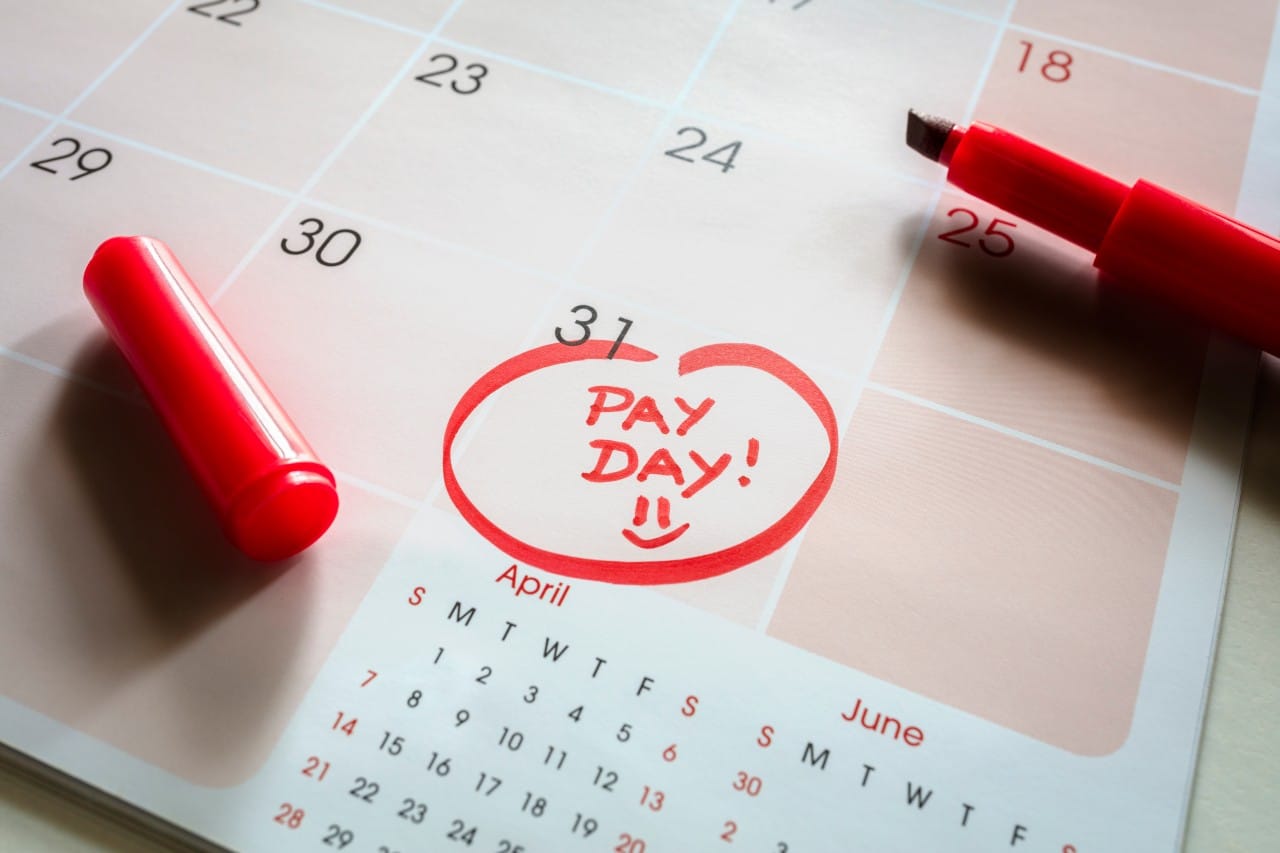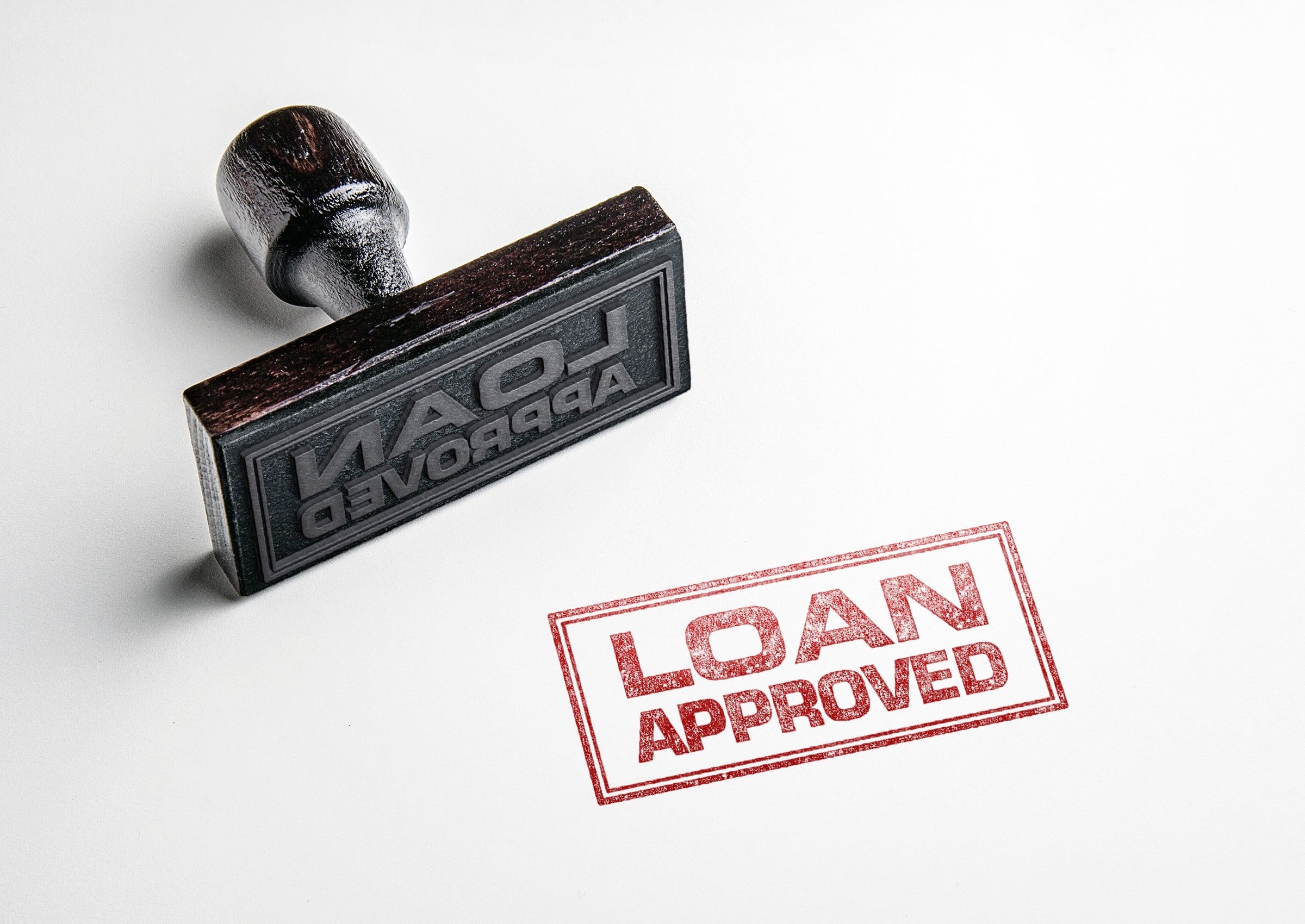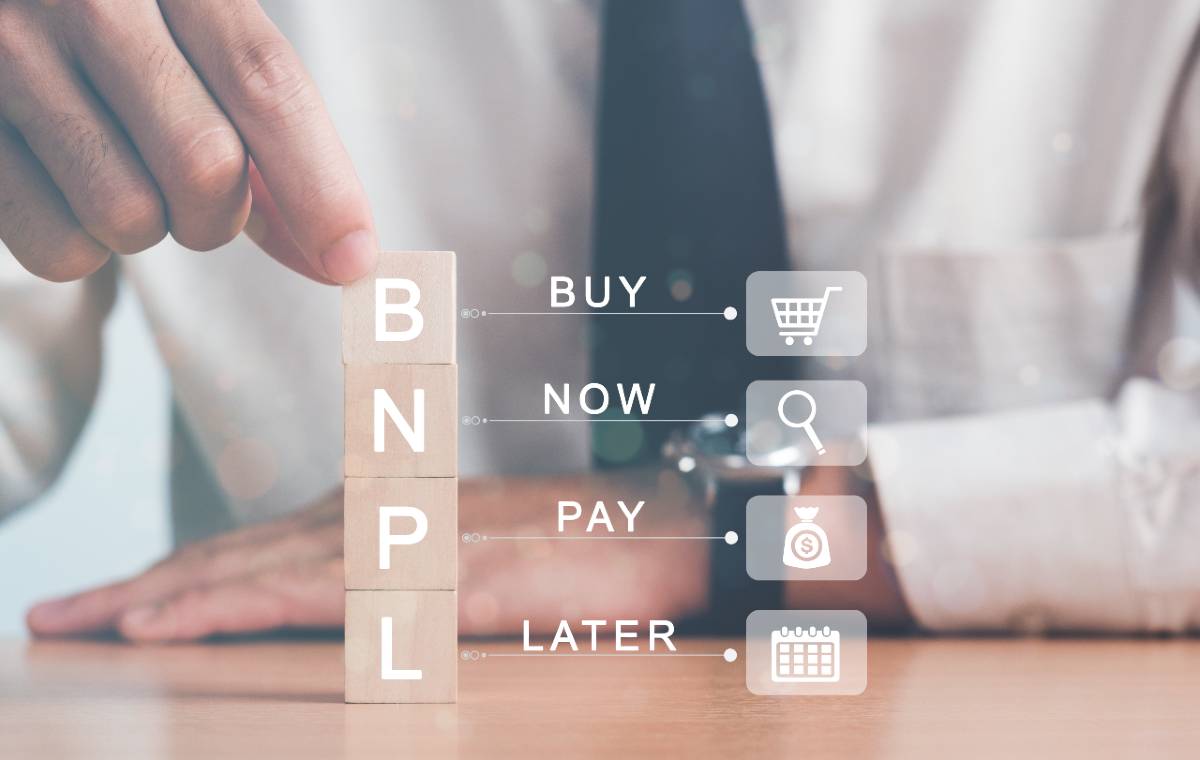Many Canadians, especially young Canadians and single parents, face the stressful challenge of running short on cash between paycheques. When expenses come up and payday feels far away, it can be tempting to turn to quick options like cash advance apps or payday loans. While these loans may seem convenient, they come with some of the highest borrowing costs in the country and can trap families in a cycle of debt.
The good news is that safer alternatives exist. By understanding the costs and risks associated with different options and learning about resources that can stretch your budget, you can make decisions that provide short-term relief without long-term damage.
Options to consider before payday arrives
There are legitimate and lower-cost options that you can turn to. Here are some safer alternatives to consider.
Employer-based Earned Wage Access (EWA)
Some employers in Canada are now offering programs where employees can access part of their earned pay early. Unlike loans, these advances do not come with sky-high interest charges. Instead, there may be a small flat fee, or in some cases, no fee at all. Always confirm whether your workplace offers such a program.
Line of credit
If you qualify, a personal line of credit (LOC) from a bank or credit union offers a much lower interest rate, even compared to credit cards. Rates are often in the single digits or low double digits annually. That’s far better than payday loans, which can exceed 300% APR when calculated for the same timeline. A line of credit requires decent credit history, but once set up, it can provide flexible access to funds.
Bank overdraft protection
Overdraft protection can cover transactions when there isn’t enough money in your account. While there are fees (often around $5 to $10 per overdraft), the costs are much lower than most alternatives. This option helps avoid bounced cheques or declined payments.
Credit cards as a last resort
Credit cards carry risks, but in many cases, a credit card purchase or even a cash advance can be an option that can tide you over. Remember to pay it off as soon as you are able, especially if you’ve taken a cash advance. The interest can add up quickly. To put it in perspective, interest rates are usually 19–22% annually, while payday borrowing is effective at more than 300%. However, cash advance fees and higher daily interest rates make this option a last resort. It’s definitely still better than a payday loan.
Government and community support
- Canadians may qualify for provincial emergency assistance if in crisis. For example, here is Ontario’s page for assistance.
- The federal government’s Benefits Finder tool helps identify programs for Canadians facing hardship.
- Community resources such as food banks, shelters, and subsidy programs can help cover essentials when money is tight.
Options to avoid
While quick money sources may appear helpful, many carry hidden or extreme costs.
Payday loans
Payday loans are widely available but extremely expensive. The Financial Consumer Agency of Canada (FCAC) warns that borrowing $100 can cost $14 to $17 in fees, which equals annualized interest rates of over 300%. Payday lenders also tend to require repayment in full on the next payday, making it difficult to escape the cycle once started.
Unregulated or unlicensed lenders
Be careful of online lenders that are not provincially licensed. These lenders may ignore consumer protection laws, charge illegally high rates, and harass borrowers with aggressive collection practices.
Cash advance apps
Some financial apps claim to provide “instant pay” or EWA, but add hidden subscription fees or tips. Unfortunately, some of these apps are often payday loans in disguise and may be unregulated.
Pawn shops
While pawn shops provide quick cash, the loan amounts are small, repayment terms are short, and interest rates are high. You also risk losing valuable items if you cannot repay on time.
Lotteries and gambling
It may be tempting to gamble in hopes of a quick win, but studies show that low-income Canadians are more at risk of financial harm from gambling. Lottery tickets, casinos, or online betting can drain money instead of solving immediate needs.
Choose wisely to free up cash before payday
Not every solution is about borrowing more money. You may free up needed cash by reducing or replacing some expenses temporarily.
- Food banks: While it may feel difficult to reach out, food banks free up grocery money that can instead go toward housing or bills.
- Loyalty programs: Redeem points for essentials like food, toiletries, or fuel. This reduces out-of-pocket spending.
- Community support: Churches, shelters, and outreach organizations often offer clothing swaps, meal programs, or emergency grants.
- Cutting non-essentials: Pausing subscriptions or avoiding delivery/takeout for even one week can create a cash buffer.
By reducing expenses in one area, you can redirect money toward urgent needs such as rent, childcare, or utility payments.
Comparing your options
| Option | Typical Cost / Rate | Credit Check Required? | Speed of Access | Risk Level / Notes |
| Employer Earned Wage Access | Free or a small flat fee | No | Same day | Low — depends on employer policies |
| Line of Credit | 8–12% APR on average | Yes | 1–2 days (after approval) | Moderate — interest charged only on the amount you borrow |
| Bank Overdraft Protection | $5–10 fee per overdraft, ~20% APR | Some banks may need it | Same day | Low — still better than payday, but recurring overdrafts add up |
| Credit Card Purchase | ~19–22% APR | Yes | Instant | Moderate — only safer if balances paid down quickly |
| Credit Card Cash Advance | 23–30% APR + $5–10 fee | Yes | Instant | High — interest starts immediately |
| Payday Loan | $14–17 per $100 (~300%+ APR) | No | Instant | Very High — risk of ongoing debt cycle |
| Unlicensed Lender | Varies, often illegal/extreme rates | No | Instant | Very High — unsafe and unregulated |
| Cash Advance Apps | Subscription + tips ($10–30/month) | No | Same day | High — often payday loans in disguise |
| Pawn Shop | Very high rates, lose the item if unpaid | No | Same day | High — risk of asset loss |
| Government / Community Aid | Free programs, benefits, subsidies | Sometimes | Days to weeks | Low — depends on eligibility and processing time |
Tips to build financial resilience
- Stick to credible low-cost options if available, like employer EWA programs, LoC, or overdraft protection. They are all safer than payday loans.
- Build sinking funds. These are small, dedicated funds for expected upcoming expenses like birthdays, car repairs, or school costs. This reduces the need for last-minute borrowing.
- Create an emergency fund. Even a few hundred dollars saved gradually can prevent future reliance on high-cost loans. Start small, even $10 per paycheque, to build a cushion over time.
Long-term planning
It’s best that even safe borrowing options, like lines of credit or overdrafts, don’t become permanent tools you rely on. Using advances or credit too often may signal a gap between income and expenses that requires a longer-term plan.
- Borrow only when absolutely necessary.
- Pay down balances as quickly as possible.
- Review your budget monthly to identify recurring pressure points.
- Consider whether income-based supports, benefits, or new job opportunities could reduce ongoing reliance on borrowed money.
Repeated reliance on short-term borrowing will only increase financial stress over time, so it is important to create a plan that strengthens your long-term financial stability.
Key takeaways
Payday loans are the most expensive borrowing option in Canada and should be avoided. Safer alternatives include employer EWA programs, lines of credit, overdraft protection, and government benefits. Using food banks, loyalty points, or community resources can free up cash for essentials. If you’re facing a crisis situation, you may be eligible for provincial emergency assistance.
In the long term, financial stability requires building small savings and reducing repeated reliance on credit. The first step to this is getting out of debt. If you’re looking to make a change in your financial situation, you can contact one of our trained credit counsellors for advice – they can help you figure out which debt relief strategy could be the right fit for you.











